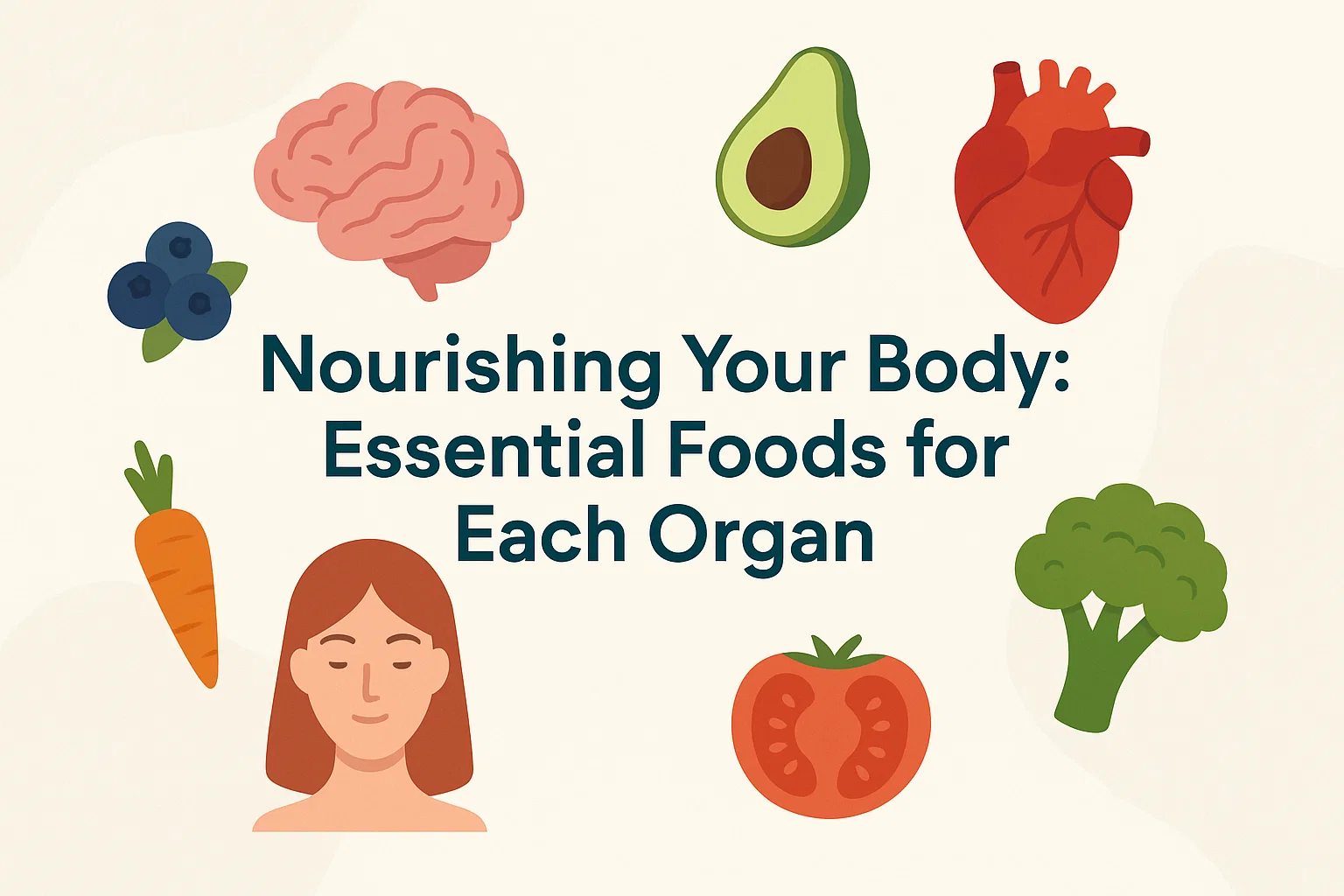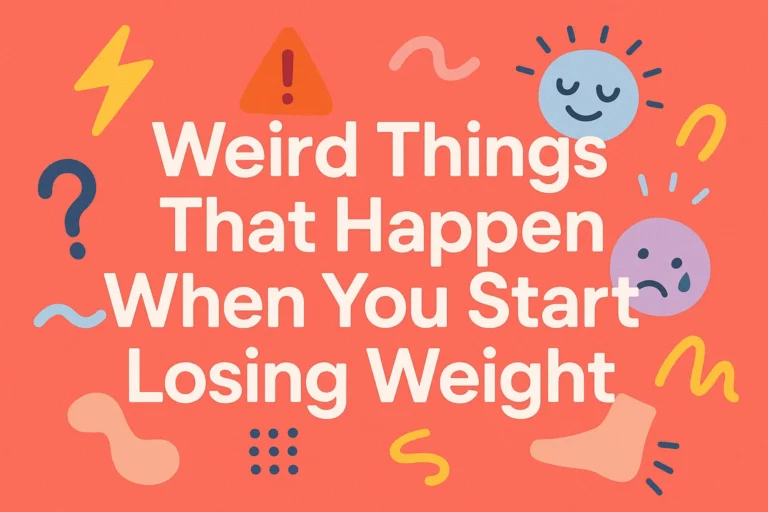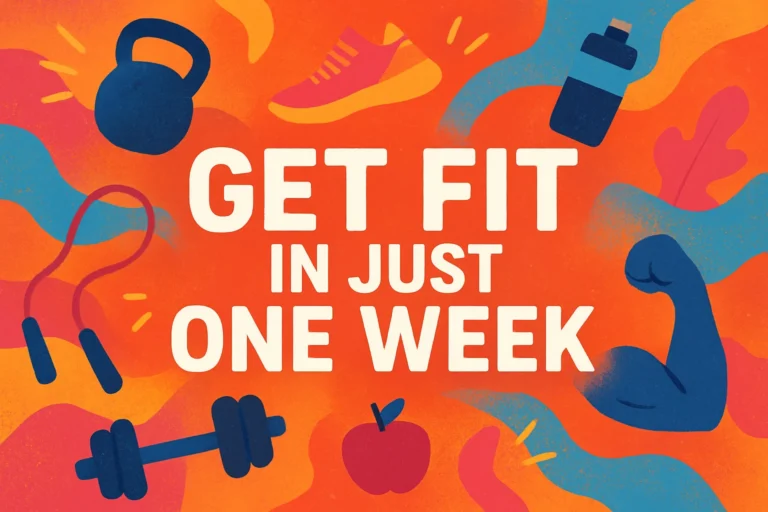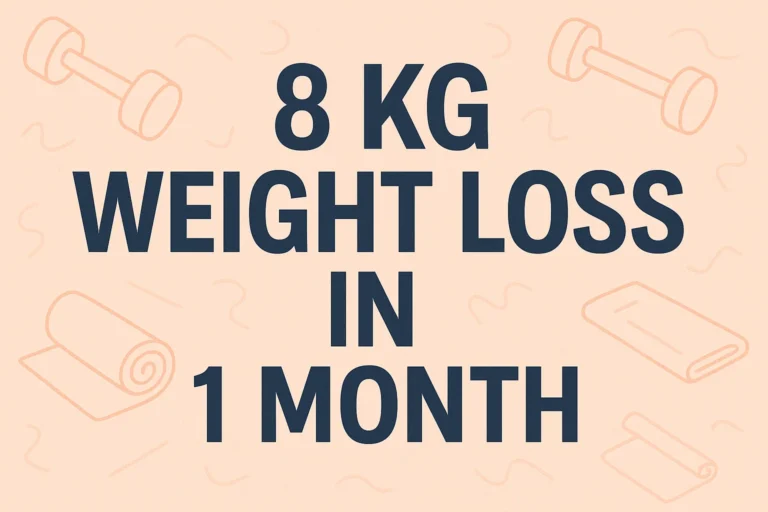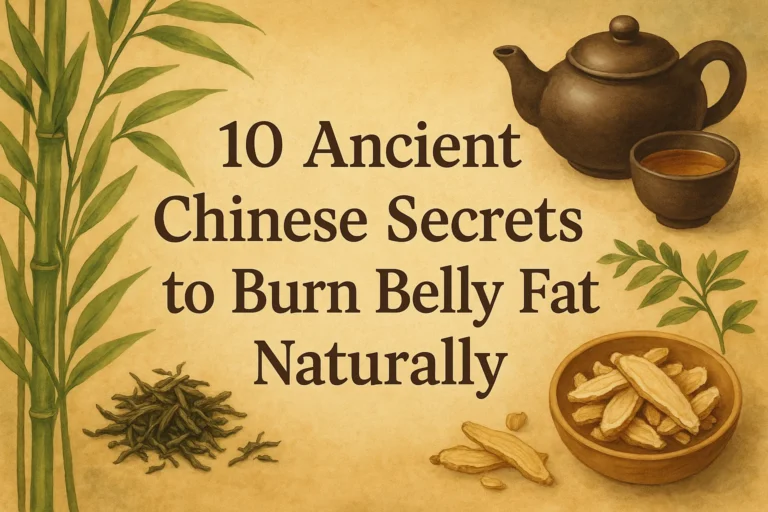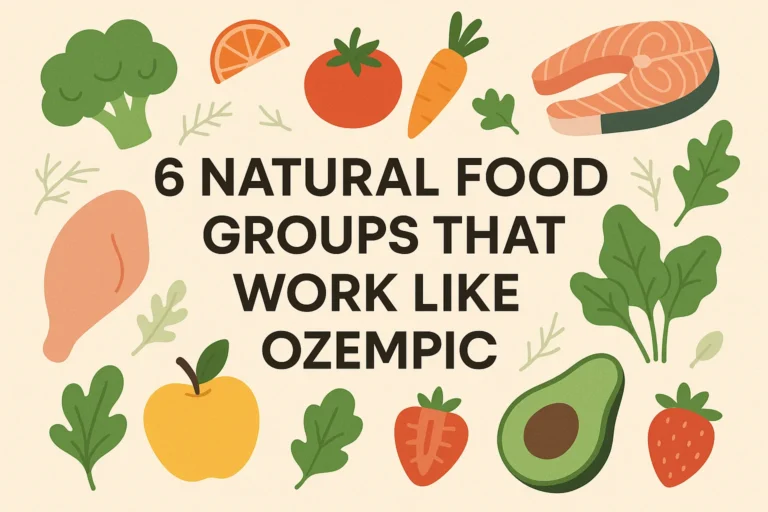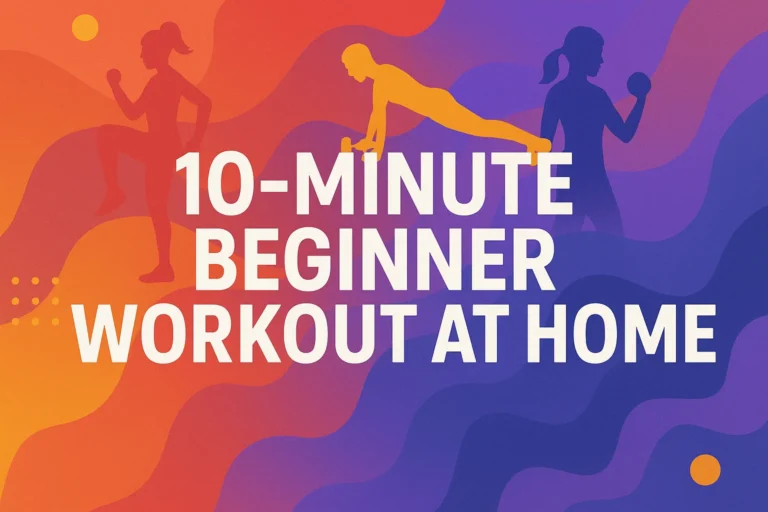Healthy Eating Essential Foods to Nourish Every Organ for Optimal Wellness
Of course! Here is a 1,500-word SEO article crafted to your exact specifications.
Healthy Eating: Essential Foods to Nourish Every Organ for Optimal Wellness
Alright, let’s get real for a second. We’ve all been there. You’re scrolling through social media, and suddenly you’re hit with a wave of “wellness” advice that sounds more like a sci-fi plot than a diet plan. Eat this berry from a remote mountain! Drink this algae that tastes like pond scum! It’s enough to make you want to order a pizza and call it a day, right?
But what if getting healthy wasn’t about extreme trends or punishing routines? What if it was simply about giving your body’s hardworking organs the specific, delicious fuel they actually crave? I’m talking about moving beyond just “eating your greens” and into the wonderfully nerdy world of targeted nutrition.
Think of your body as a finely tuned engine. You wouldn’t put sugar in the gas tank of a Ferrari (well, I hope you wouldn’t). So why do we so often put low-quality fuel into our own incredible, biological machinery? The good news is, you don’t need a degree in nutrition to get it right. You just need a friendly guide. Consider this that guide—a chat between friends about how to eat for every amazing part of you.
Your Mighty Heart: More Than Just a Pump
Let’s start with the big one—your heart. This bad boy beats about 100,000 times a day without you even having to think about it. The least we can do is show it some love with the right foods, and no, I don’t mean a box of chocolates on Valentine’s Day.
The goal here is to focus on foods that fight inflammation, manage cholesterol, and keep your blood pressure in check.
- Fatty Fish like Salmon and Mackerel: These are rockstars thanks to their omega-3 fatty acids. Omega-3s are famous for lowering triglycerides, reducing inflammation, and even helping to prevent irregular heartbeats. Aim for two servings a week. Not a fish fan? Flaxseeds and walnuts are great plant-based options.
- Dark Leafy Greens like Spinach and Kale: You knew this was coming, but do you know why? They’re packed with vitamin K, which helps protect your arteries and promote proper blood clotting. They’re also loaded with dietary nitrates, which can help reduce blood pressure. See? Your mom was right all along.
- Berries: Blueberries, strawberries, raspberries—they’re all little antioxidant powerhouses. These antioxidants, like anthocyanins, fight oxidative stress and inflammation that can contribute to heart disease. They’re also a sweet way to satisfy a sugar craving without, you know, actual sugar.
Ever wonder why the Mediterranean diet gets so much praise? It’s basically built on these principles. It’s not a diet; it’s just a way of eating that your heart absolutely loves.
Your Brilliant Brain: Food for Thought (Literally)
Your brain is the command center for, well, everything. It’s always “on,” even when you’re asleep. It requires a constant supply of fuel, and the quality of that fuel directly impacts your memory, focus, and mood.
Want to stay sharp and avoid that 3 PM brain fog? Feed your head with these genius picks.
- Fatty Fish (Yes, Again!): Your brain is about 60% fat, and half of that fat is the omega-3 kind. These fats are essential for building brain and nerve cells and are crucial for learning and memory. Low levels of DHA (a type of omega-3) have even been linked to an increased risk of Alzheimer’s.
- Turmeric and its active compound, Curcumin: This deep-yellow spice is a total overachiever. Curcumin can directly cross the blood-brain barrier and has powerful anti-inflammatory and antioxidant benefits. IMO, it’s one of the most promising nutrients for supporting brain health long-term. Pro tip: pair it with black pepper to dramatically boost absorption.
- Pumpkin Seeds: Don’t toss them out! These little guys are rich in magnesium, iron, zinc, and copper. Zinc is crucial for nerve signaling, and magnesium is essential for learning and memory. Low levels of these minerals have been linked to neurological conditions. They’re a perfect, brain-boosting snack.
Your Hardworking Gut: Trust Your Gut Feeling
If you’ve ever had a “gut feeling,” you were onto something. Your gut is often called your “second brain,” and keeping its microbiome—the trillions of bacteria living inside it—happy is a non-negotiable for overall health. A happy gut means better digestion, a stronger immune system, and even improved mental health.
So, how do you keep your tiny internal tenants happy?
- Fermented Foods like Yogurt, Kefir, and Kimchi: These are packed with probiotics, the beneficial live bacteria that populate your gut. Think of them as adding good citizens to your internal ecosystem. I try to have a serving of something fermented every day, and my digestion has never been better. FYI, check your yogurt labels for “live and active cultures.”
- High-Fiber Foods like Legumes, Oats, and Apples: If probiotics are the good citizens, prebiotic fiber is their favorite food. You can’t have one without the other. Foods like garlic, onions, bananas, and asparagus are packed with prebiotics that help your good bacteria thrive. It’s basically a picnic for your microbiome. 🙂
- Bone Broth: This trendy drink has ancient roots for a reason. It’s rich in collagen and the amino acid glutamine, which can help repair the lining of your digestive tract. If you’ve ever felt like your gut is a bit “leaky” or inflamed, sipping on some bone broth is a wonderfully soothing option.
Your Resilient Liver: The Ultimate Detoxifier
Your liver is your body’s most diligent janitor, constantly filtering toxins from your blood. It doesn’t need a fancy “cleanse”—it just needs the right support to do its job effectively.
The best way to support your liver is by eating foods that enhance its natural ability to detoxify itself.
- Cruciferous Vegetables like Broccoli and Brussels Sprouts: I know, I know, not everyone’s favorite. But these veggies contain glucosinolates, which help your liver produce the enzymes it needs to flush out toxins. They’re like the ultimate backup crew for your internal cleanup team.
- Beets: These vibrant root vegetables are liver superheroes. They’re high in antioxidants and betalains, which can reduce oxidative damage and inflammation in the liver. They also help stimulate bile flow, which helps break down waste.
- Green Tea: Swap one of your coffees for a cup of green tea. It’s loaded with catechins, a type of antioxidant that studies suggest can protect the liver from damage caused by toxins and even reduce fat in the liver.
Your Sturdy Bones: The Framework of You
We often don’t think about our bones until something goes wrong, but they’re the literal framework that holds us up. Building strong bones is about more than just chugging milk.
- Calcium-Rich Foods: This is the obvious one. While dairy like yogurt and cheese are great sources, don’t forget about sardines (with the bones!), fortified plant milks, and dark leafy greens like collard greens.
- Vitamin D Sources like Egg Yolks and Mushrooms: You can eat all the calcium in the world, but without Vitamin D, your body can’t absorb it properly. Your body makes it from sunlight, but food sources help. Vitamin D is the key that unlocks calcium’s bone-building power.
- Magnesium-Rich Foods like Almonds and Black Beans: Magnesium is a crucial player in converting Vitamin D into its active form so it can do its calcium-absorbing job. It’s all connected!
Putting It All Together on Your Plate
Okay, so that’s a lot of information. Does this mean you need to meticulously plan every bite to target a specific organ? Absolutely not. That way lies madness and a very stressful relationship with food.
The beautiful thing is that so many of these foods are multi-taskers. A salmon fillet with a side of sautéed kale and a glass of green tea is a powerhouse meal for your heart, brain, and liver. A berry and yogurt parfait with a sprinkle of pumpkin seeds loves your gut, brain, and bones.
The goal isn’t perfection. It’s awareness. It’s looking at your plate and asking, “Who on my internal team is getting supported today?” Start by adding one new food a week. Maybe you throw some beets into your salad or snack on a handful of almonds instead of chips.
Remember, this isn’t about restriction; it’s about celebration. You’re celebrating your body by giving it the incredible, diverse, and delicious fuel it deserves. Now, who’s hungry? 😊

